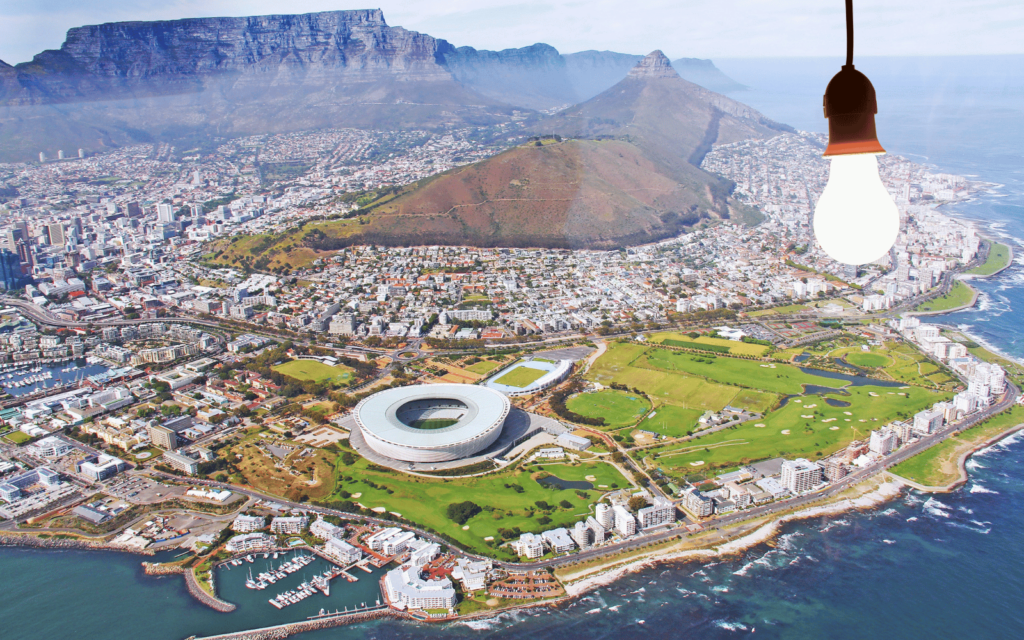The Western Cape, speaking at the recent State of the Province Address (SOPA 2023), reiterated its plans to become more independent, pulling further away from Eskom’s national grid, in the hopes of providing more power to its residents. The province’s premier, Alan Winde, said that the Western Cape was one of the few bright spots in the country’s future – at least where the electricity sector is concerned.
The province’s main and eventual goals point towards energy security, supplying more power to the essentials – water, connectivity, and education — to better assist businesses to maintain their standards of operations.
But… how?
The first step is to approach the provincial treasury and request access to R1.1 billion to promote ‘energy independence’. On top of that, a weekly digital conference will be held to help the province stay on top of any flourishing developments in the energy sector.
Much of that money is being funnelled into the purchasing and installing of emergency ‘power packs’, according to Winde. These will make their way to the province’s poorer households: those who can’t afford to buy generators, inverters, or other solutions. The premier failed to go into more detail on the subject, only confirming that a plan was in place.
To better maintain the state of the province’s municipal services, an additional R89 million has been released by the Western Cape government to procure more backup generators so that services such as water supply and sewage infrastructure don’t collapse under the constant strain of load shedding.
Read More: Eskom has an idea: pollute more, load shed less
Going deeper
The City of Cape Town, specifically, has pushed further into the fray to tackle load shedding, trying its best to ensure stability for the people of the city. It’s doing this through the purchasing of more energy from open markets, encouraging the sale of energy by residents to be recycled back into the grid. The city is also expending more effort on larger power projects, like the Steenbras hydro-power station, solar solutions, and gas turbines.
During the SOPA, Winde expressed his thoughts that the government should be reducing load shedding for the provinces that have taken a larger interest in personal preservation of energy and was disappointed that the suggestion didn’t attract more attention from the President during the most recent State of the Nation address.
Source: BusinessTech
